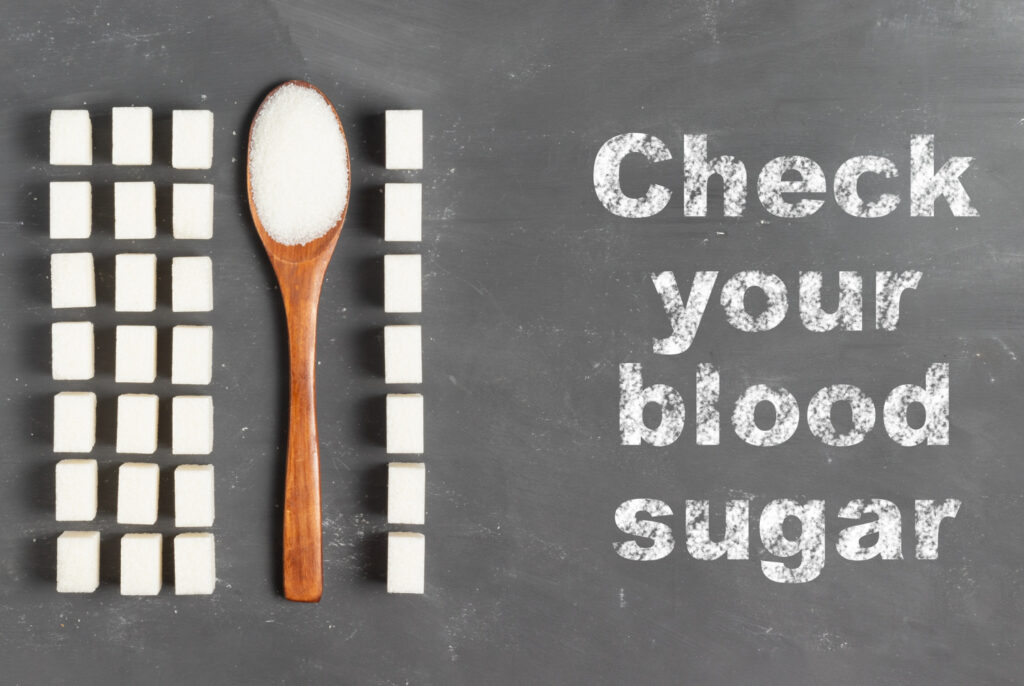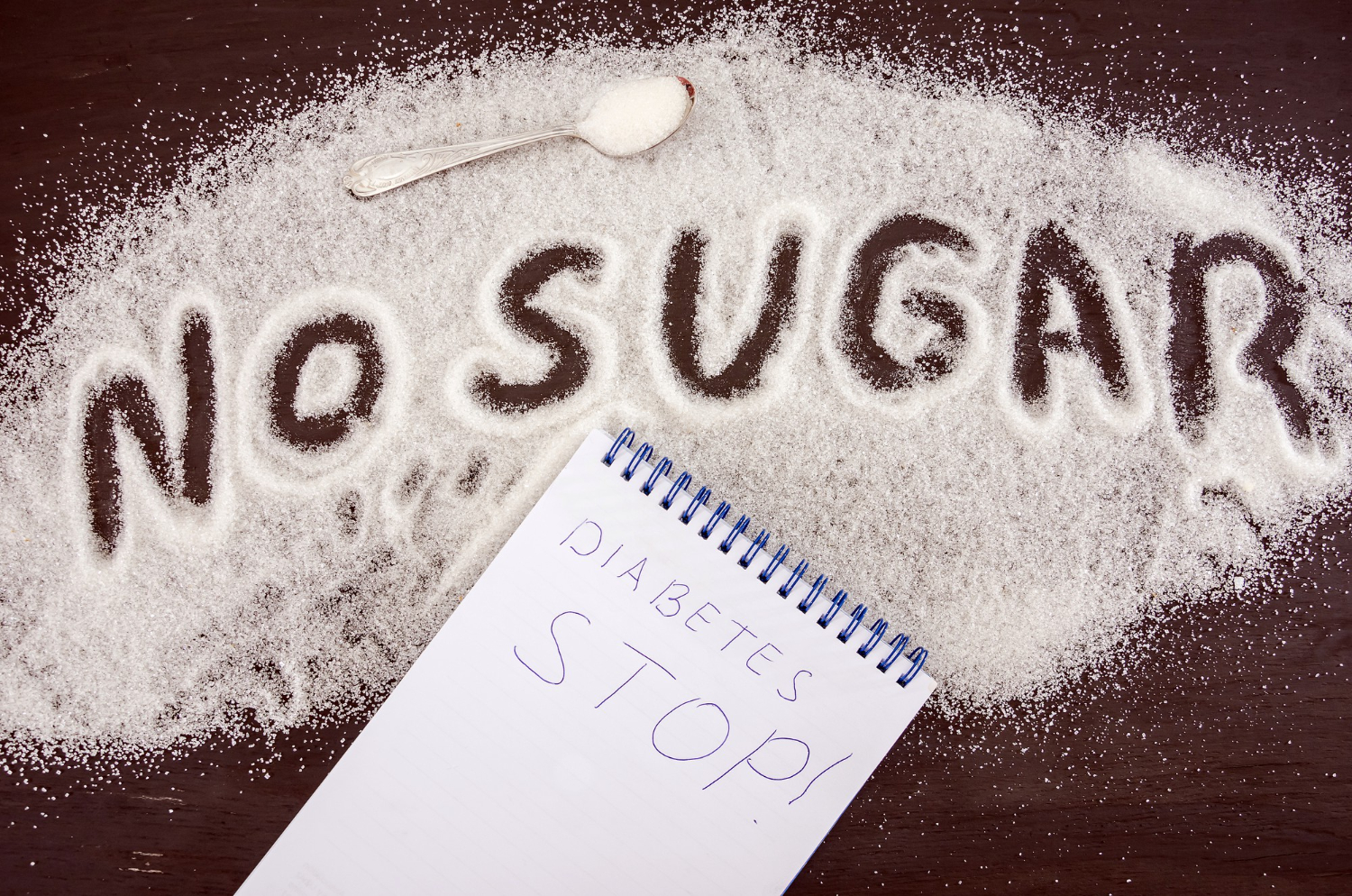Sugar: It’s that appealing tasty sin which is almost unavoidable. It is always sneaky and can be found almost in everything starting from your cup of coffee via your sweet dessert up to something as unassuming as a biscuit. Seeing the overload of food and beverages available today, people often drink too much sugar without noticing it. But what does this all say about your health?
Sugar has been in the middle of controversy in todays society more than ever before. It’s well known that excessive sugar has consequences, but what those consequences are isn’t always clear because sugar is confusing – there’s a lot of misinformation, commercial interest, and general ignorance at play. Sugar, or sucrose, is one of the most uncanny particles we consume: it grants us the boost in energy that we need in the morning, but it has a darker side as well.
Well in this final and thorough guide on sugar let us consider uncovering the truth to what sugar will do to you and how you can best protect yourself.
What is Sugar?
Now let’s begin with the basics, what is actually sugar? Sugar is a type of carbohydrate that can be classified into two main categories:
- Naturally Occurring Sugars: These sugars are existing naturally in some food items such as fruits, vegetables, and milk products. Some of simple sugars are fructose sourced from fruits and lactose gotten from milk.
- Added Sugars: These are sugars which are put in food during cooking or preparation of a given food product. Some of these are; The common white sugar that majority use in their foods, HFCS, and other syrups and sweeteners added in processed foods.
Added sugars are often devoid of the other nutrients such as vitamins, minerals and fiber that are found in sugars that occur naturally in the foods we eat. And this is why the consumption of added sugars should be kept to less, as excessive consumption is not good for your health.
HEADER: How Does Sugar Affect Your Body?
1. The effects of blood sugar and insulin response
If you take sugar, it is transported in the body as glucose gets into the bloodstream when it gets broken down. This leads to a rise of your blood sugar levels, which triggers the release of insulin, a hormone that assists in breaking down blood sugar to be utilised by the body cells for energy.
However, excessive intake of foods rich in sugars will result in condition known as insulin resistance where the body tissues slows down on the uptake of insulin. A long-time exposure to these can help in the advancement of type 2 diabetes which is a non-curable human condition in which blood sugar is unnaturally high.
Notably, fluctuating blood glucose levels due to diets with a lot of sugars makes patients have mood swings, fatigue and cravings for more sugars thus leading to this vicious cycle .
2. Weight Gain and Obesity
Consumption of sugar in large proportions is among the causes of weight gain and high levels of obesity. Sugar is an additive substance with several calories but often does not make the consumer feel full for a long time. This means that if you take sugary foods, you are likely to feel hungry again soon after eating this and result to over eating.
Consumption of sugars causes body fat deposits especially around the belly, which is known to cause metabolic diseases such as heart disease, diabetes and fatty liver disease. Thirdly, high-sugar products have virtually no or limited nutrient density, this means that actually, your body needs vitamins and minerals, and these are not supplied by these foods.
3. Heart Health
A correlation between sugar intake and heart ailment is emerging more frequently. Current evidence shows there is a direct association between high consumption of added sugar and higher risk of heart diseases, majorly due to high blood pressure, inflammation, and blood cholesterol.
Because when you taking too much sugary foods results in increased levels of triglycerides, decreased HDL cholesterol and increased levels of LDL cholesterol. This can lead to arteriosclerosis, hypertension and downstream – cardiac events and heart disease.
Source also indicates that those who take foods with high sugar content are more likely to develop high levels of inflammation in their bodies that causes more heart trouble.
4. Liver Disease Especially Fatty Liver Disease
They also found out that taking too much sugar especially fructose can overload the liver and hence cause fatty liver. This condition is referred to as Non Alcoholic Fatty Liver Disease (NAFLD), and it has now become the leading liver condition in the world.
Since fructose is processed by the liver, when one takes a lot of this product, it turns into fat that accumulates in liver cells. It builds up and the liver becomes inflamed, scarred and may eventually turn cirrhotic.
Liver is involved in detoxification and metabolism; therefore, when it becomes fatty, its functionality will be compromised, and can cause a host of health problems.
5. Dental Health
Sugar is considered the main cause of tooth decay. The effects include, when sugar is consumed it reacts with the bacteria present in the mouth in producing acid. This acid dissolves the tooth enamel and creates cavities, gum diseases, and some other dental diseases.
Even several cups of sweetened coffee, some candies or snacks a day pose some risk to your teeth if you do not brush them properly. This causes why dentists mostly recommend reduced intake of sweets and juicy foods and also taking regular brushing and flossing sessions.
The Relationship Between Sugar and Chronic Diseases
Beyond the immediate effects of sugar on blood sugar levels and weight gain, excessive sugar consumption has been linked to a variety of chronic diseases:
1. Diabetes
As discussed before, the consumption of large quantities of sugar results to insulin resistance which as we know is a leading causes of type 2 diabetes. If your body is unable to understand how to use insulin, blood sugar levels go high and over time the situation turns into full-fledged diabetes. Diabetes type 2 may cause a wide variety of issues related to health such as kidney disease, nerve problems, and heart disorders.
2. Cancer
It was noted earlier that excessive sugar intake may be linked to some forms of cancer. Even though sugar without addition does not per se cause cancer, it stirs up inflammation, encourages fat storing and initiates insulin resistance that may lead to cancer. Furthermore, the excess of sugar also presents the giver the chance to allow cancer cells to develop and function.
For instance, consumption of foods rich in sugar has been associated with cancers of colon, pancreas and liver. Nevertheless, sugar and cancer still remains a topic under debate and lots of studies for definitive conclusions on how sugary products can cause or hinder cancer to occur are still forthcoming.
3. Alzheimer’s Disease
The new research has also pointed toward a correlation between the kind of diet, especially one high in sugar, and the brain and in relation to Alzheimer’s disease. The cause of Alzheimer’s disease is still unknown but intake of high sugar diets is known to cause inflammation and insulin resistance hence its link to neurodegenerative diseases.
Sugar can also cause the formation of AGEs, these are products which have damaging effects on tissues, and on brain function. Cutting down on sugar could lower the risk of having a shrinking brain, and lower memory performance.

The Occult Sources of Sugar
Some of the difficulties experienced when trying to cut down on the intake of sugars is that a lot of things contain sugar and it may not be seen at first glance as sweeteners. Some of the popular processed foods, including the “healthy processed foods,” contain a lot of added sugars. These include:
Toppings and Spreads ( ketchup, Barbeque sauce, Salad dressings)
Low-fat or fat-free products (this means that many often have sugar to make the food tasty).
Cereal and granola bars – and most of this especially if it is ‘natural’ or ‘organic’.
Beverages Beverages include soft drinks, fruit juices, iced teas, energy drinks flavored coffee etc.
Packaged snacks and baked goods (biscuits, granola, crackers, muffins, cookies).
It becomes very important to read the labels to add all forms of sugar which might be listed in different names like high fructose corn syrup, cane sugar, agave nectar, sucrose, etc. The American Heart Association also advise that women should consume no more than six teaspoons of added sugar a day (25 g) and men less than nine teaspoons (38 g).
How to Lower Your Daily Intake of Sugar
While cutting out sugar entirely may not be realistic for most people, there are practical steps you can take to reduce your sugar intake and improve your health:
- Start by Reading Labels: The third tip is to be careful of processed foods, most of which contain hidden sugar. Terms to search for include the chemical name, sucrose, high fructose corn syrup, honey and agave syrup.
- Choose Whole Foods: Select foods in their natural form and avoid food that comes in processed form as much as is possible. These supplements contain natural sugars plus other necessary nutrients such as fiber, vitamins and minerals.
- Drink Water: Replace sweetened beverages that include soda, fruit juices or energy drinks with water, herbal teas or sparkling water with a squeeze of lemon.
- Limit Sugary Snacks: Instead of thinking candy, pastry, or chips, opt for something healthier such as the Greek yogurt, nuts, or fresh fruits.
- Cook More at Home: When you prepare your meals you will know what is going into the food and this eliminates the hidden sugars in the restaurant several meals and takeaways.
- Gradually Reduce Sugar: When you are used to the high intake of sugar, then it may do more harm than good to suddenly decide to eliminate it from your diets. A good example of this in the case of when you start consuming whole foods, you realize that they do not require added sugar to taste good.
Conclusion: The Bitter Truth About Sugar
Limiting ourselves from different food that has sugar is very important and hard to do most especially that sugar has integrated itself in our everyday lives. In this article, it will give you the heads up that consuming too many of these extra sweet stuffs with added sugars is definitely not good for you; in fact, it can lead to weight gain, heart disease, diabetes, and even cancer.
One can avoid the consumption of sugar in high quantities and instead, make healthier choices that will lower your chances of developing these diseases, and thus have increased energy levels all through the day. The idea is moderation, mindful eating and selecting foods that have essential nutrients adequate for the body needs.
Thus, the next time you pick up something that contains sugar then…
snack or a beverage, think about the number of negative impacts it will have on one’s overall health. Thus, by replacing the added sugars with better options, you regain power over one’s health and choose lasting kinds of sweetness.
